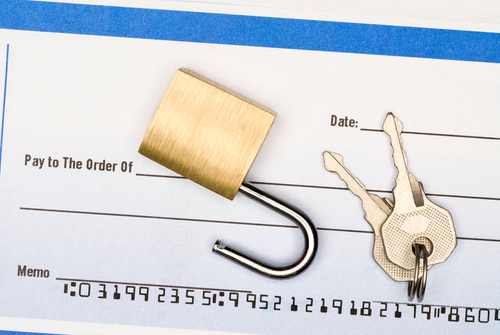If you’ve ever sent money through a bank transfer, set up direct deposit, or made an online payment, you’ve probably encountered the term “routing number.” But what exactly is a routing number, and why is it so essential in financial transactions? This guide will provide a crystal-clear explanation, its role in money transfers, and how to locate yours with ease.
What Is a Routing Number?
A routing number is a nine-digit code assigned to financial institutions in the United States. Essentially, it acts as an identifier for banks and credit unions, ensuring that funds are sent to or received from the correct financial institution.
Think of it as the bank’s unique address in the financial system. Without it, money transfers would be highly inefficient and prone to errors.
Key Uses of Routing Numbers
Routing numbers are commonly required for a range of everyday financial transactions. Here’s where you might encounter them:
- Direct Deposit: To set up payments like payroll or tax refunds directly into your bank account.
- Wire Transfers: For sending or receiving money domestically and internationally.
- ACH Transfers: Used for recurring payments, like mortgage payments or subscription services.
- Bill Payments: When automating your utility or credit card payments through your bank.
- Check Processing: Every paper check you write includes your bank’s routing number.
Where to Find Your Routing Number
Trying to locate your routing number? Here are a few easy ways to find it.
- On Your Check: Look at the bottom left-hand corner of a paper check. The first nine-digit number you see is your routing number.
- Online Banking Platforms: Most banks display routing numbers in their online banking systems or mobile apps.
- Bank Websites: Many banks provide a list of routing numbers based on their state or branch location.
- Customer Service: Still unsure? Call your bank’s customer service hotline for confirmation.
Pro tip: Ensure you’re using the correct routing number for the type of transaction you’re making. Domestic wire transfers often require a different routing number than ACH transfers. Check with your bank to clarify.
Common Questions About Routing Numbers
1. Are Routing Numbers Unique to Each Bank?
Yes. Every bank or credit union has a unique routing number (or several, depending on their size and location). For instance, major banks might have different routing numbers for each state.
2. Is a Routing Number the Same as an Account Number?
No. While both numbers are crucial, your account number identifies your individual account, whereas your routing number identifies the financial institution. Both are often used together to complete transactions.
3. Can I Use the Same Routing Number for Wire Transfers and ACH Payments?
Not always. Many banks have separate routing numbers specifically designated for wire transfers. Always verify with your bank before proceeding.
4. Why Is a Routing Number Important for Money Transfers?
Routing numbers ensure that the financial system runs smoothly and accurately. Without them, your funds could land in the wrong place, leading to delays or failed transactions. Routing numbers are particularly vital for secure and reliable international money transfers.

